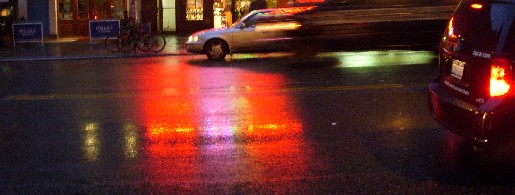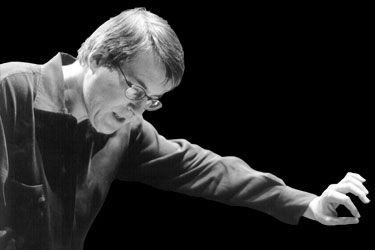Anthony Newman’s organ recital at Holy Trinity Church, which is practically next door, was a lovely way to begin the season, and at some point today there will appear at the end of this entry a link to more substantive remarks than I’m prepared to make at the moment (having just put the Book Review review “to bed”). If I tell you that the surprise hit of the program for me was one of Mozart’s Epistle Sonatas, you’ll quite rightly think me daft – at least until I explain.
Not that my attention to the music ever flagged, but as has happened at other recitals at Holy Trinity, I couldn’t help being charmed by the interior, which is more reminiscent of a large parish in a small town than of a grand Gothic cathedral in its aspirations, into fantasies of joining the congregation. I could sit in the back, wearing the attitude of a staunch catachumen. And I could sing the hymns. (During a trio of French baroque characteristic pieces – including Rameau’s very famous Poule – I copied out the words to a hymn that I’m sure was an Abolitionist favorite: “In Christ there is no East or West.”) But I’d be coming at Episcopalianism from a pole opposite that of Eric Patton’s starting point, having been brought up Roman Catholic and not Unitarian. (I’d link to Eric’s blog, but it’s too depressing: he’s discontinuing it.) I’d be sure to show up only very sporadically, and never for vestigial services such as the Blessing of the Animals, if indeed they have such an event at Holy Trinity.
Kathleen says that it will be all right, though, to give $25 or so to the organ fund. I keep thinking of the organ as new, but in fact Anthony Newman – that’s right, last night’s organist – inaurgurated it twenty years ago, and it’s in need of serious maintenance. Not that it sounds it.
¶ Anthony Newman at Holy Trinity.


